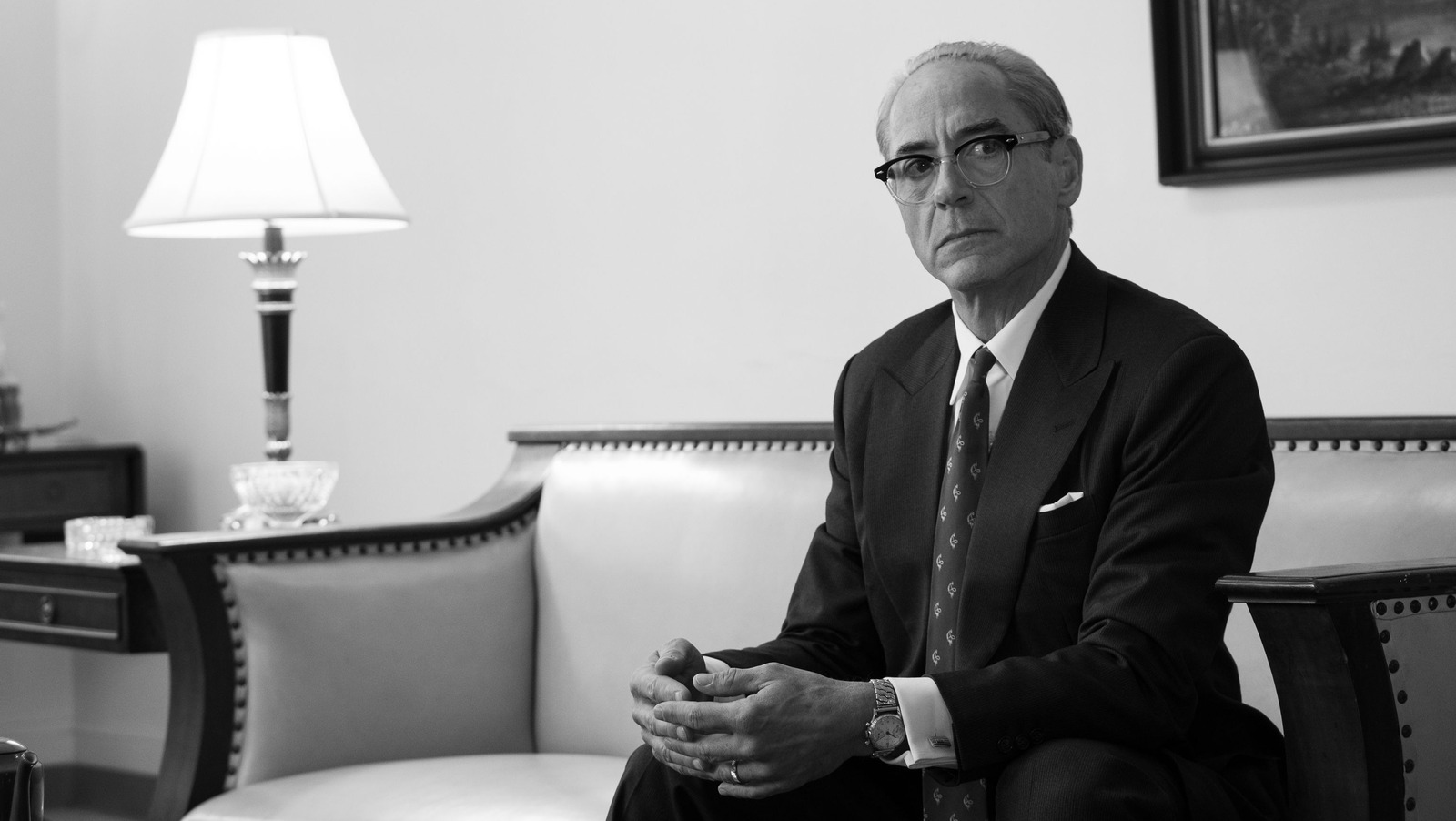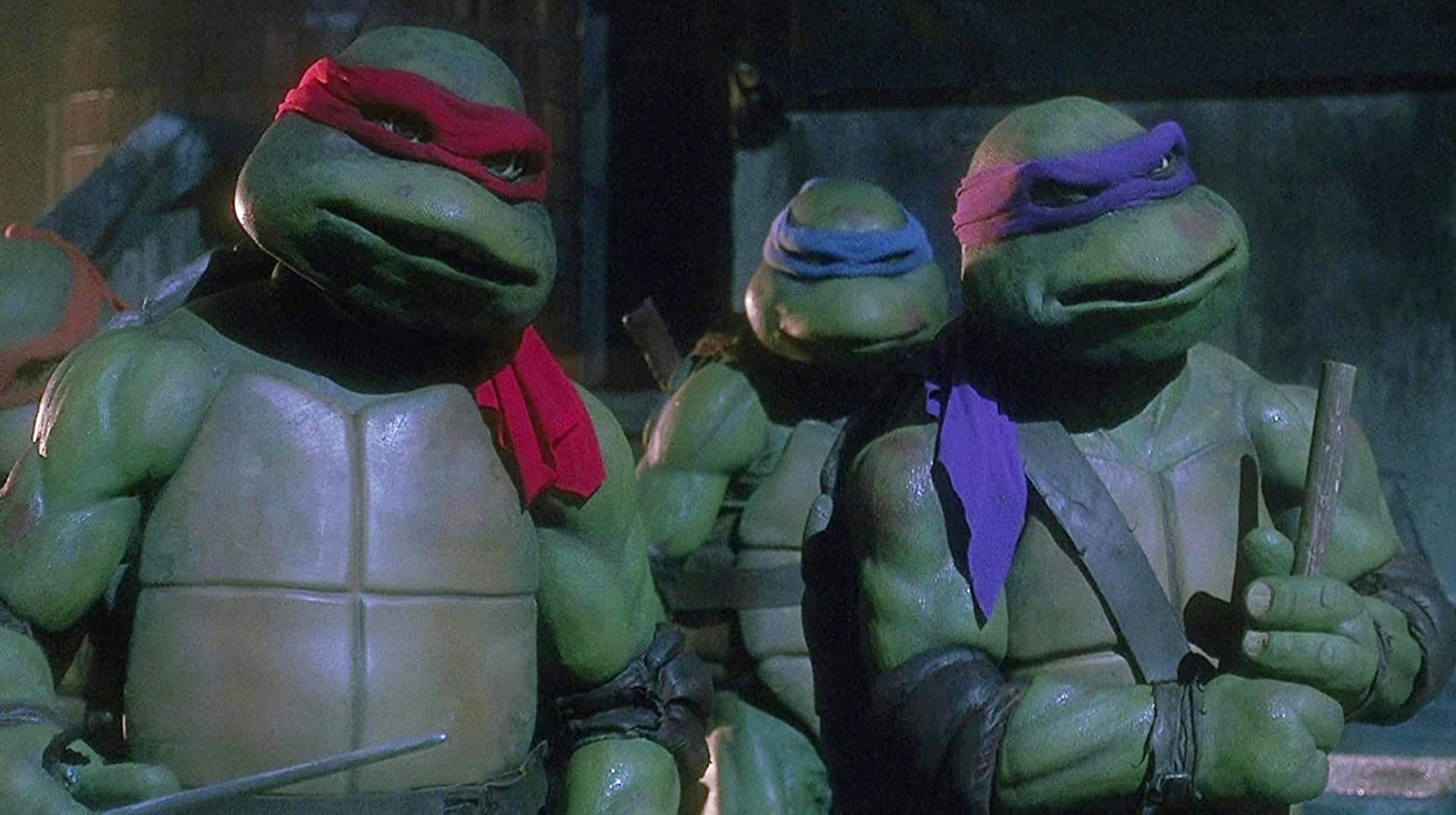In Oppenheimer, Robert Downey Jr. Plays Movie Villain of the Year
Strauss was born in Virginia in 1896, the son of European Jewish immigrants. He initially followed in his father's footsteps as a shoe salesman (the film alludes to his "humble" origins several times) but refused to settle for that career. Choosing the national civil service, he became assistant to the future president Herbert Hoover (then director of the United States Food Administration) during the First World War. After a term with the American Jewish Joint Distribution Committee, Strauss entered the private sector at the investment bank Kuhn, Loeb & Co, where he made his fortune.
However, his time in public service was not over. During World War II he was called up for active duty in the Naval Reserve (albeit in a bureaucratic capacity). He also worked with his former boss to seek admission of European Jewish refugees to the United States. After the war, Strauss' simmering interest in atomic energy earned him an appointment as commissioner to the new chairman of the United States Atomic Energy Commission (AEC) in 1946 - he later served as chairman from 1953 to 1958.
It was also at this time that Strauss crossed paths with J. Robert Oppenheimer. As "Oppenheimer" describes, Strauss offered "Oppie" a position as director of the Institute for Advanced Study at Princeton University. Oppenheimer agreed, but it ended up being the start of a ruinous relationship for both men.
As shown in Nolan's film (and its source biography "American Prometheus" by Kai Bird and Martin J. Sherwin), Oppenheimer opposed the post-war development of a hydrogen bomb and a nuclear arms race between America and the Soviet Union - undoubtedly guilty of what he had created. This put him on the opposite side of a debate with Strauss. Oppenheimer also testified against Strauss' plan not to ship isotopes to Europe.

Strauss was born in Virginia in 1896, the son of European Jewish immigrants. He initially followed in his father's footsteps as a shoe salesman (the film alludes to his "humble" origins several times) but refused to settle for that career. Choosing the national civil service, he became assistant to the future president Herbert Hoover (then director of the United States Food Administration) during the First World War. After a term with the American Jewish Joint Distribution Committee, Strauss entered the private sector at the investment bank Kuhn, Loeb & Co, where he made his fortune.
However, his time in public service was not over. During World War II he was called up for active duty in the Naval Reserve (albeit in a bureaucratic capacity). He also worked with his former boss to seek admission of European Jewish refugees to the United States. After the war, Strauss' simmering interest in atomic energy earned him an appointment as commissioner to the new chairman of the United States Atomic Energy Commission (AEC) in 1946 - he later served as chairman from 1953 to 1958.
It was also at this time that Strauss crossed paths with J. Robert Oppenheimer. As "Oppenheimer" describes, Strauss offered "Oppie" a position as director of the Institute for Advanced Study at Princeton University. Oppenheimer agreed, but it ended up being the start of a ruinous relationship for both men.
As shown in Nolan's film (and its source biography "American Prometheus" by Kai Bird and Martin J. Sherwin), Oppenheimer opposed the post-war development of a hydrogen bomb and a nuclear arms race between America and the Soviet Union - undoubtedly guilty of what he had created. This put him on the opposite side of a debate with Strauss. Oppenheimer also testified against Strauss' plan not to ship isotopes to Europe.
What's Your Reaction?















![Three of ID's top PR executives quit ad firm Powerhouse [EXCLUSIVE]](https://variety.com/wp-content/uploads/2023/02/ID-PR-Logo.jpg?#)







